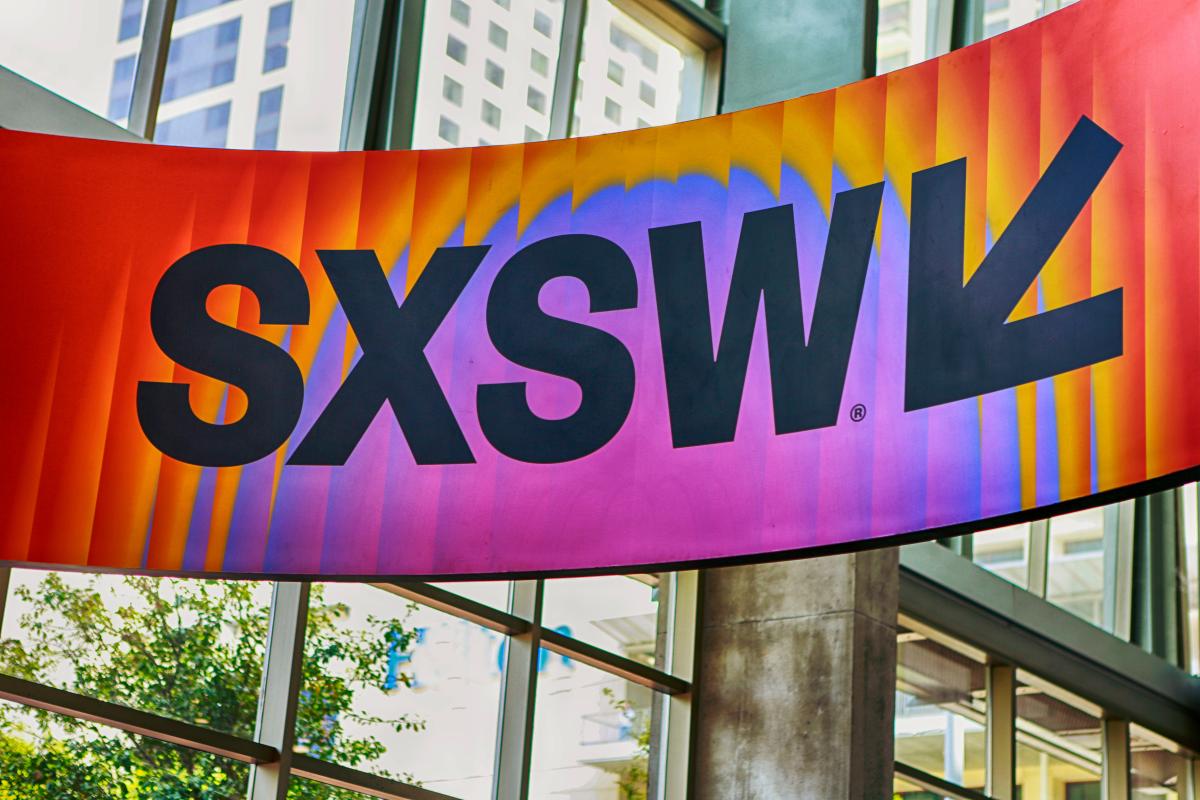The end of 2024 marks an important deadline to develop an international legally binding instrument (ILBI) on plastic pollution.
In March 2022, 175 member states of the United Nations Environment Assembly (UNEA) reached a historic resolution (UNEA resolution 5/14) to develop a global treaty to end plastic pollution with a full life-cycle approach. The resolution highlights the need to pursue sustainable production and consumption through product design, environmentally sound waste management, efficient use of resources, and circular economy approaches.
Hosted by Canada, the fourth session of the Intergovernmental Negotiating Committee (INC-4) met from April 23 to 29 in Ottawa. More than 2,500 delegates participated, marking the Committee’s largest and most inclusive session to date. Under the UNEA mandate, negotiations are to conclude at Busan, Republic of Korea when the INC meets for the fifth and final session from November 25 to December 1.
Here are four key takeaways from INC-4:
On-site discussions highlighted divergent interpretations of the scope of the ILBI among Parties.
There are differing opinions on the inclusion (or not) of upstream value chain measures around plastic production, and how to address primary plastic polymers.
Progress was made on the topic of waste management.
Convergence was reached on waste management to require nationally determined measures, as opposed to global provisions.
There is uncertainty on how ambitious the ILBI provisions should be.
Whether domestic measures or global provisions are to be determined remains a contentious issue in revising a draft of the ILBI. There is also strong disagreement on how to balance mandatory vs. voluntary measures.
Under time pressure, Parties agreed to intersessional work leading up to INC-5.
While there had not been agreed-upon intersessional work between INC-3 and INC-4, in advance of INC-5, there will be two open-ended, ad-hoc expert groups. The topics indicate where the ILBI could land:
- The establishment of a dedicated financial mechanism (e.g. the highly successful Montreal Protocol on ozone-depleting substances, has been considered as a possible avenue),using existing mechanisms (e.g. the Global Environment Facility) or setting up a dedicated facility based on voluntary contributions
- Analyzing criteria (or non-criteria) approaches for plastic products, and chemicals of concern; focusing on recyclability and reusability of plastic products.
It is noteworthy that primary plastic polymers and avoidable plastics were not included as topics –which could be an indication that these topics may not end up in the ILBI.
How should businesses prepare?
- Consider whether plastic is material to your business and develop updated communications to address the current situation. In addition to acknowledging plastics pollution, companies should demonstrate awareness and participation in a systems approach solution –one that includes policy, investment, and collective action by all stakeholders including governments, the entire value chain, scientific institutions and academia, and financial institutions.
- Stay abreast of delivering business-led solutions to improve the reuse of plastics while designing for circularity. While many companies focus their sustainability efforts on influencing consumers’ lifestyles, businesses can no longer expect consumers to shoulder the burden of addressing the plastic waste crisis or to simply ‘reduce, reuse and recycle.’ Businesses should work with partners to develop provisions for re-use and waste management while redesigning packaging. This includes shifting from single-use plastics to circular solutions.
- Consider mechanisms that address financial and operational responsibility and incentivize recyclability of plastics. Producers and brands can comply with extended producer responsibility (EPR) individually, or by joining a collective producer responsibility organization (PRO). PRO’s develop producer responsibility plans and manage programs that assist in covering products after the use phase.
Fatimah Alyas is an Account Supervisor and Laura Cohen is a Senior Vice President. They both work on the Social Impact and Sustainability team.




